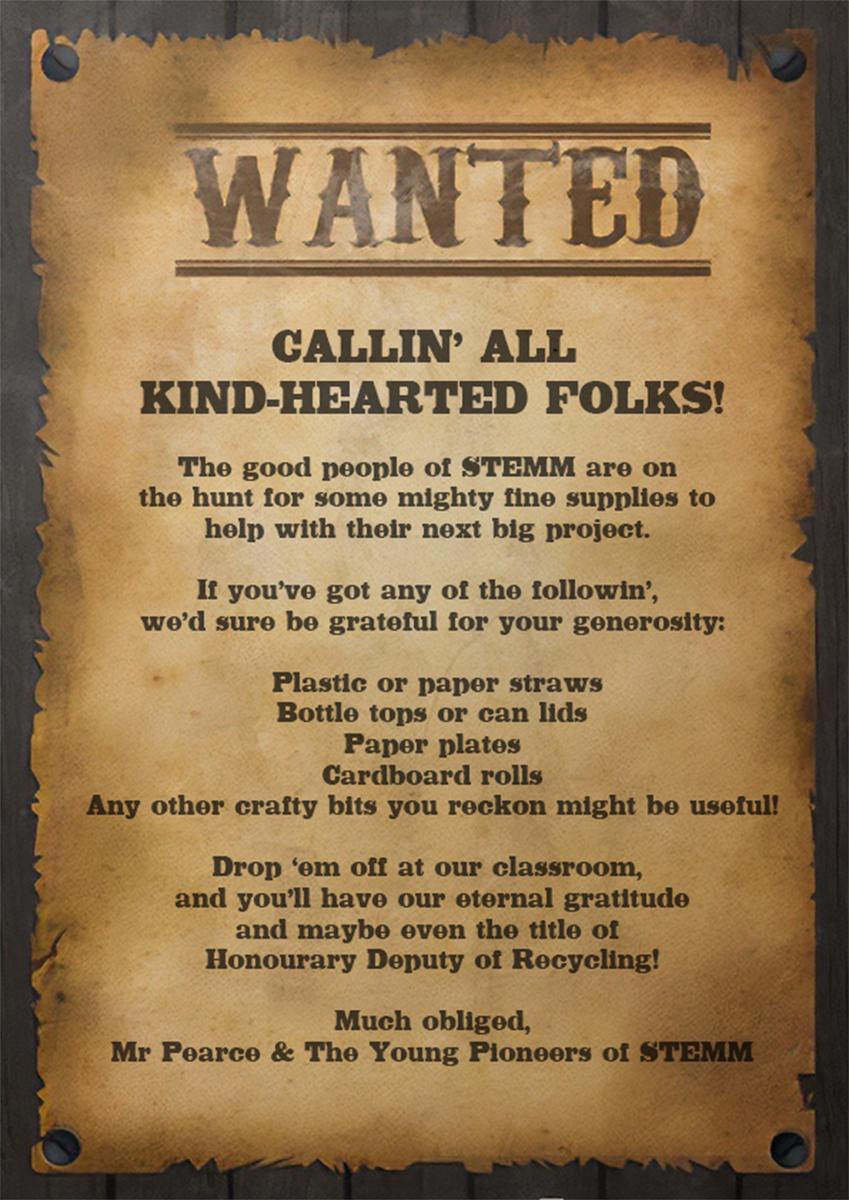Curriculum Update
Curriculum Areas & People Spotlight

Curriculum Update
Curriculum Areas & People Spotlight
This term in Literacy, students in Year 3 & 4 have been deeply engaged in our novel study, The Wild Robot, by Peter Brown. Through this text, students have been developing their comprehension skills by actively monitoring their understanding and expanding their vocabulary. In our writing sessions, discussions surrounding the novel have provided rich opportunities for students to share their insights, extend their thinking, and engage in meaningful conversations about the events and characters.
As we analysed how he vividly depicted a futuristic island setting, students have been inspired to use this as a model, brainstormed their own unique settings by engaging their five senses, drawing inspiration from photo prompts. This activity allowed our students to think creatively about the sights, sounds, smells, and even textures of their own imaginative narrative, with a focus on crafting vivid characters and settings. Our journey began by exploring how to create strong declarative sentences to build the foundation for our stories.
To enhance our character descriptions, students experimented with prepositional phrases and practiced sentence expansion techniques. By asking questions like who, what, where, when, why, and how, students transformed simple sentences into more engaging and dynamic ones. These strategies are helping them develop characters that are not only clear but also rich in detail and intrigue.
As part of our comprehension work, students recently explored character strengths within the class novel. This has led to a wonderful display, upstairs in the Year 4 learning space, showcasing an impressive collection of mini-Roz robots (the main character) lining the hallway from the Year 3 & 4 students. Each robot highlights Roz’s admirable qualities, including resilience, kindness, curiosity, bravery, and compassion. If you haven’t yet had the chance to see this fantastic display, we encourage you to take a moment to visit and celebrate the students’ learning.
We are incredibly proud of the enthusiasm and effort students have demonstrated throughout this unit, and look forward to seeing them continue to develop their reading skills.
In Reading, we prioritise the development of reading fluency and comprehension, as these essential skills enable students to engage with texts more deeply and independently. Fluency—the ability to read accurately, at an appropriate pace, and with expression—enhances students’ confidence in navigating a variety of fiction and non-fiction texts. Additionally, our focus on close reading strategies encourages students to think critically, analyse text structures, ask meaningful questions, and infer deeper meanings. By fostering these skills, we aim to equip students with the tools they need to become confident, thoughtful, and independent readers.
This term, students have been strengthening their fluency by reading and performing passages from The Wild Robot. They are also applying key comprehension strategies to explore significant topics, including rules, laws, democracy, and local government in Victoria and across Australia, through our Inquiry unit.
In Year 3, Spelling takes a structured approach, incorporating the Sounds-Write phonics program alongside morphology and etymology concepts. Through engaging and interactive activities, students deepen their understanding of how sounds are represented by different spellings. Each week, students participate in a variety of tasks, including segmenting and blending words, exploring both common and less familiar spelling patterns, and manipulating sounds within words. Activities such as word puzzles, reading and writing tasks, sound-swapping exercises, and decoding challenges reinforce their learning in meaningful ways.
To cater to individual learning needs, we incorporate differentiated spelling activities and weekly dictation tasks, providing valuable opportunities for assessment. These allow teachers to monitor student progress and ensure that spelling development is contextualised within their writing.
Spelling in Year 4, sees students actively developing their spelling skills through a structured and engaging approach. They are exploring how sounds and letters work together, deepening their understanding of spelling rules and patterns, and investigating the ways these influence word meanings. Additionally, students are discovering the fascinating origins of words, helping them make meaningful connections between spelling, vocabulary, and language development. Our daily lessons incorporate explicit teaching, interactive activities, and hands-on opportunities for students to apply their new skills in a variety of contexts.
In Numeracy, we are diving deep into understanding the four operations—addition, subtraction, multiplication, and division. Our focus has been on number fact and strategies, which are essential for students' mathematical development. A key step being for students to be able to demonstrate an overall understanding of each operation and be able to articulate and apply with flexibility, the steps employed as well as their understanding and reasoning for selecting the strategy that is most efficient. This approach fosters a deeper understanding and more meaningful learning.
This term, our Inquiry unit focuses on the important themes of ‘Democracy, Community, and Me’. Students have explored key concepts related to civics and citizenship, helping them understand the role they play in society and how democratic systems work.
We continue to investigate how decisions are made in a democracy and the significance of rules and laws in maintaining fairness and order. Discussions have centred around distinguishing between rules and laws, why they are necessary, and how they help to ensure a well-functioning society. Students will also explore the role of local government and reflect on how these systems impact their lives.
Through our recent incursion, a major focus was on ‘active citizenship’— as students engaged in the activity of holding a mock election and exploring local government structures, providing the experience of gaining an understanding of democratic processes, and what it means to be an engaged and responsible member of a community.
This term within our Wellbeing curriculum lessons, we have been focusing on the school value of Respect—a cornerstone for creating a positive and supportive learning environment. Our students are learning to show respect for others and for themselves. A focus has been active listening; encouraging and supporting our students to practice respectful listening, and waiting their turn so every voice is valued, and everyone has the chance to share their ideas.
In addition, we have been exploring the concept of being a, ‘We thinker.’ This means considering the perspectives and needs of others when working in groups, which fosters collaboration, understanding, and a sense of community in our classroom. Alongside this, we emphasize the importance of self-respect—valuing our own feelings and boundaries so that each student can feel happy, confident and positive in all that they do. We believe that these skills are essential not only for academic success, but also for nurturing a caring and inclusive environment.
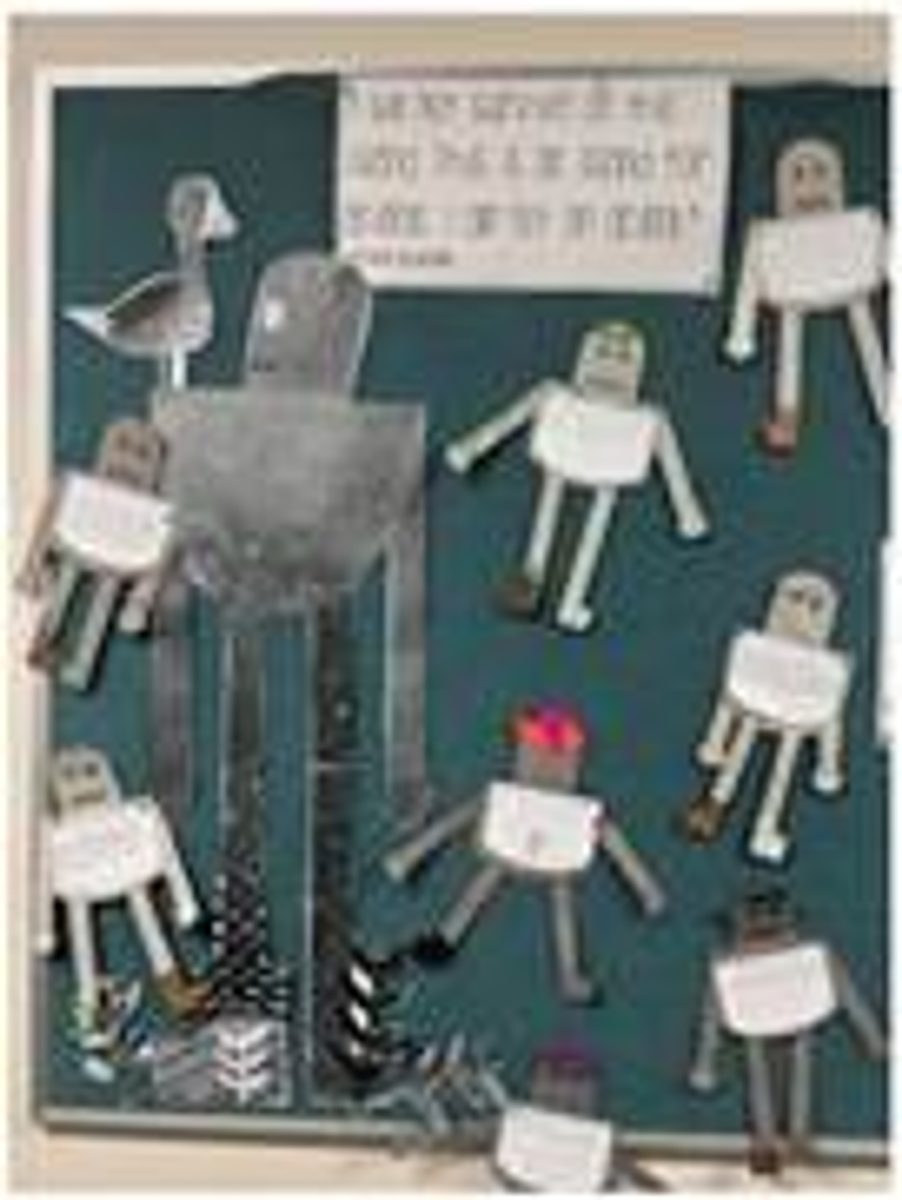

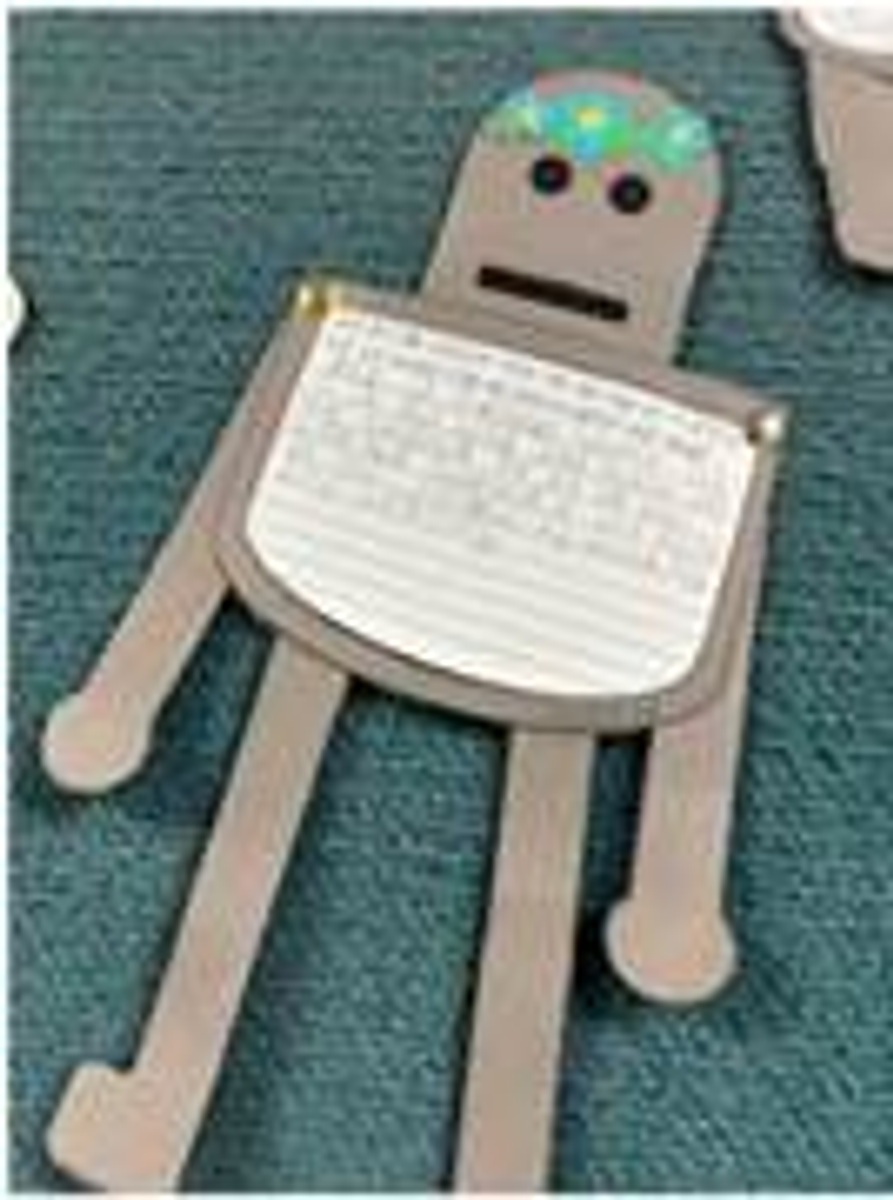

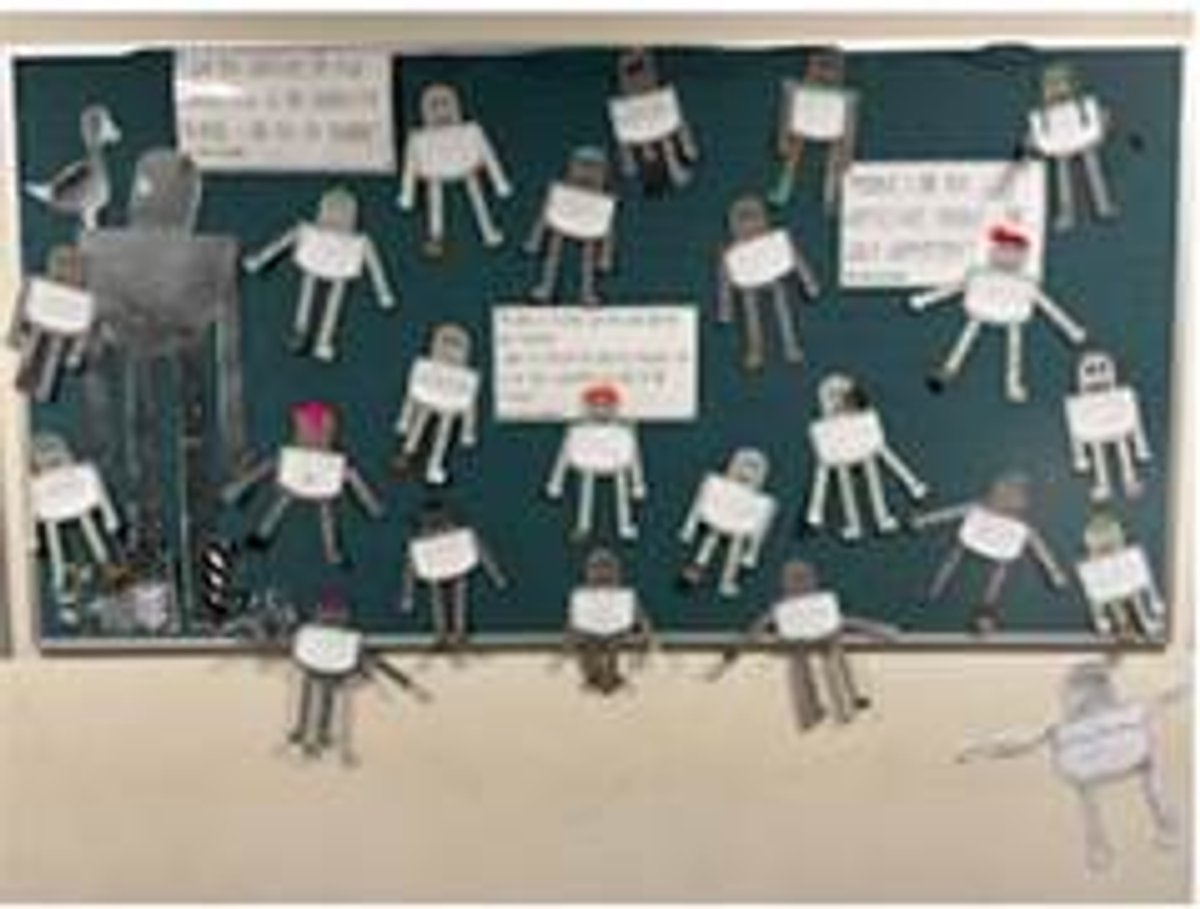

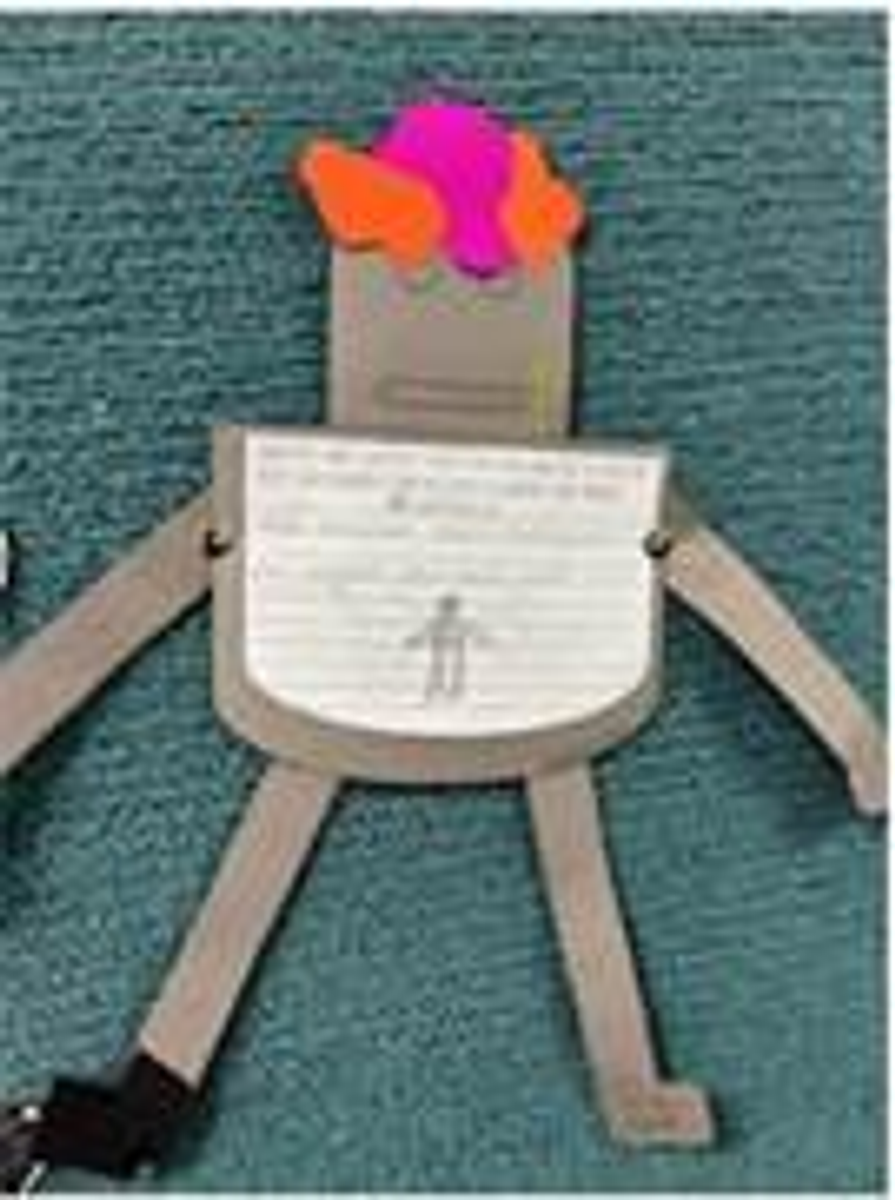

Crissy Samaras
Leading Teacher, Year 3-4
Mathematics Curriculum
We commence the 2025 school year with all schools required fully implementing the Victorian Mathematics Curriculum 2.0. The new curriculum is now organized into six distinct content areas:
Number
Algebra
Measurement
Geometry
Statistics
Probability
Numeracy Instruction at Williamstown North
In our maths classroom, we’re committed to a systematic and engaging approach that supports each student’s growth and understanding. Our lessons are carefully designed to build from foundational knowledge to higher-level thinking, ensuring every student has the opportunity to succeed.
Each lesson begins with thorough pre-lesson planning, where we set clear learning intentions and success criteria. We identify prerequisite knowledge, address common misconceptions, highlight key vocabulary, and craft hinge questions to guide the learning process. This detailed planning helps us sequence concepts in small, manageable steps, laying a solid foundation for the day’s work.
Our daily review sessions reinforce essential concepts such as basic maths facts, number sense, mental maths, multiplication tables, and problem-solving. By incorporating retrieval practice, spaced practice, and interleaving, we help students continually refresh and build upon their prior knowledge, setting the stage for successful new concept development.
During teacher-led instruction, new ideas come to life through live worked examples and modelling. We use a mix of concrete, pictorial, and abstract representations to build both conceptual and procedural understanding. Multiple examples and non-examples, along with strategy comparisons, ensure that each student can see the full picture of the concept being taught.
Practice sessions are designed to offer guided and independent opportunities for learning. Students work through example-problem pairs and benefit from scaffolded tasks, such as backwards fading and pair-shares, to help them master new ideas. Deliberate practice is encouraged through self-explanation prompts, mistake analysis, and structured problem-solving strategies like the Bar Method and UPAC (Understand, Plan, Answer, Check).
Finally, our ongoing assessment strategies—using tools like mini-whiteboards, choral responses, turn-and-talk, quizzes, and short-answer tasks—ensure we can check for understanding and adjust our teaching as needed.
By structuring our lessons in this way, we ensure that students develop strong mathematical foundations, while also building confidence and problem-solving skills.
Crissy Samaras
Numeracy Leader, P-6
The Premiers’ Reading Challenge is officially up and running, and Williamstown North Primary School is excited to be taking part!
The Challenge encourages students between early childhood and Year 10 to read a set number of books by 29th August 2025, with their efforts recorded online. A book list recommends age-appropriate texts that children might like to try, but any book counts towards their Challenge totals.
Last year, Victorian kids read a huge 3.4 million books between them – so this year’s Challenge sets an even higher goal of 3.5 million books, encouraging children to become voracious readers across different genres, authors and styles of literature.
Children from Prep to Year 2 are encouraged to read or ‘experience’ 30 books with their parents and teachers. Children from Year 3 to Year 6 are challenged to read 15 books.
All children who meet the Challenge will receive a certificate of achievement signed by the Victorian Premier and former Premiers.
Click on the link to read the letter from the Premier Jacinta Allan. To find out more about the challenge, visit www.vic.gov.au/premiers-reading-challenge
Your child's login details to the Premiers’ Reading Challenge platform will be sent home by classroom teachers. Using your child’s unique username and password, they will be able to record the books they have read throughout the challenge.
We hope to see as many students as possible complete the challenge! It is such a fun and exciting way to celebrate reading, and it is always such a pleasure to celebrate students’ participation in the challenge at its conclusion.
If you have any questions, you can contact our school’s Challenge coordinators, Irini Mavridis and Ben Roosenboom.
Happy reading! 🙂
Kind Regards,
Irini Mavridis & Ben Roosenboom Kaitlyn Hayes
Premiers’ Reading Challenge Coordinators Literacy Leader
